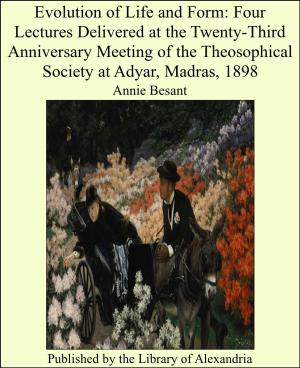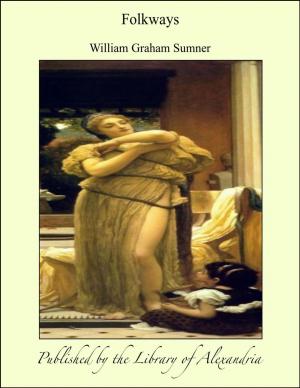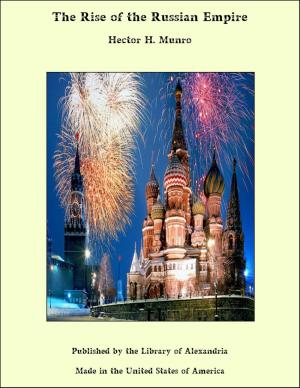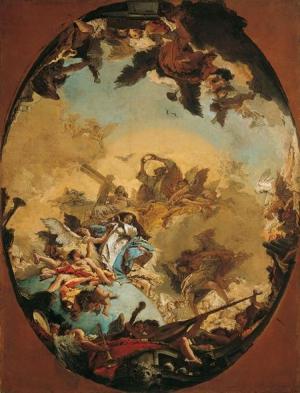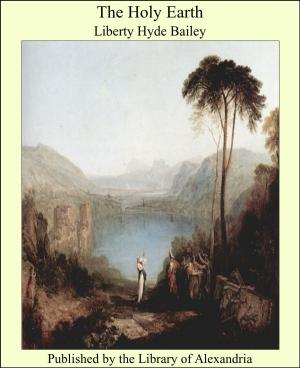The History of Gog And Magog, The Champions of London
Nonfiction, Religion & Spirituality, New Age, History, Fiction & Literature| Author: | John Galt | ISBN: | 9781465546968 |
| Publisher: | Library of Alexandria | Publication: | March 8, 2015 |
| Imprint: | Language: | English |
| Author: | John Galt |
| ISBN: | 9781465546968 |
| Publisher: | Library of Alexandria |
| Publication: | March 8, 2015 |
| Imprint: | |
| Language: | English |
MANY disputes have arisen among the learned respecting the origin of the city of London; and it has hitherto never been very satisfactorily explained, why the two colossal statues of Gog and Magog were placed in the Guild-hall of that famous capital. What has been denied to antiquarian research, has been happily revealed to me, for the express purpose of being related to the rising generation; in order that future ages may have no doubt regarding two points of knowledge, in which so much of the happiness and prosperity of the citizens of the British metropolis is so deeply involved. In a rude age, long before the Roman legions, under the command of Julius Caesar, invaded the island of Britain, it appears, by the most authentic written chronicles of the time, that a huge giant inhabited a strong and dismal castle, situated where the Guild-hall of London now stands ; and that he ruled all the adjacent country with an iron sceptre. His dominions extended from the banks of the pleasant Brent on the west, were bounded by the majestic tides of the Thames on the south, on the east they were watered by the meandering Lea, and extended so far to the north, as to comprehend the breezy hills of Hampstead and Highgate. He was, in a word, the greatest monarch in the county of Middlesex; and, there is even reason to believe, that his territories actually embraced the whole extent of the shire. But, in a matter of this sort, it is unnecessary to be more particular, especially as his throne and sovereignty were utterly abolished by the events which it is my happy duty, as a faithful historian, to relate.
MANY disputes have arisen among the learned respecting the origin of the city of London; and it has hitherto never been very satisfactorily explained, why the two colossal statues of Gog and Magog were placed in the Guild-hall of that famous capital. What has been denied to antiquarian research, has been happily revealed to me, for the express purpose of being related to the rising generation; in order that future ages may have no doubt regarding two points of knowledge, in which so much of the happiness and prosperity of the citizens of the British metropolis is so deeply involved. In a rude age, long before the Roman legions, under the command of Julius Caesar, invaded the island of Britain, it appears, by the most authentic written chronicles of the time, that a huge giant inhabited a strong and dismal castle, situated where the Guild-hall of London now stands ; and that he ruled all the adjacent country with an iron sceptre. His dominions extended from the banks of the pleasant Brent on the west, were bounded by the majestic tides of the Thames on the south, on the east they were watered by the meandering Lea, and extended so far to the north, as to comprehend the breezy hills of Hampstead and Highgate. He was, in a word, the greatest monarch in the county of Middlesex; and, there is even reason to believe, that his territories actually embraced the whole extent of the shire. But, in a matter of this sort, it is unnecessary to be more particular, especially as his throne and sovereignty were utterly abolished by the events which it is my happy duty, as a faithful historian, to relate.

